
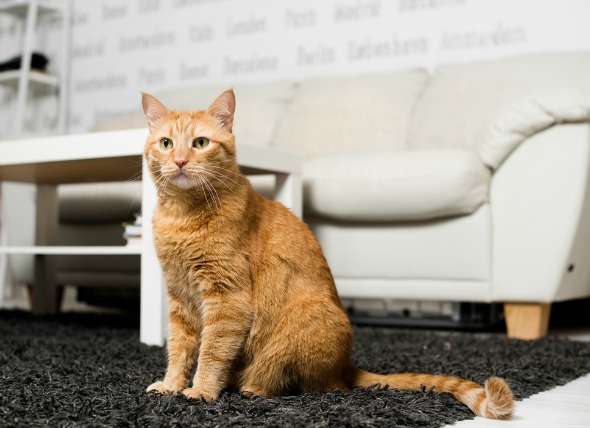
Amino acids are building blocks for proteins and essential to the proper functioning of most of the body systems. They are critical to life, with over 20 types of amino acids present in the body.
Essential, or indispensable amino acids are a group of amino acids that cannot be synthesized in the body and are thus required to be taken in through diet. Taurine is one of these types of amino acids, and has been found to play an essential role in the diet of cats. Lack of this amino acid results in severe health repercussions, such as blindness and tooth decay, amongst other things. For this reason, all cat foods are supplemented with taurine to avoid nutritional deficiency so that the condition is rare in regards to nutritional deprivation.
However some cats may have taurine deficiency in relation to a certain disease and may require taurine added to their diets. Or they may be fed a home-cooked diet, including vegetarian or boiled meat diets, which can also place them at a higher risk of taurine deficiency.
Taurine is distributed throughout the body with high concentration in certain tissues including heart wall muscles, in the retina of the eye, and brain. The exact function of taurine in these tissues remains elusive, but it is well known that taurine deficiency can lead to blindness and heart failure due to enlargement of the heart (dilated cardiomyopathy). With taurine replacement this condition is usually fully, or at least partially reversible.
There are no symptoms specifically related to taurine deficiency. However, as taurine deficiency causes dilated cardiomyopathy, the symptoms are usually found to be related to the latter disease.
You will need to give a thorough history of your cat’s health, including a background history of symptoms and the type of diet your cat regularly eats. After taking a detailed history, your veterinarian will conduct a complete physical examination on your cat. During the physical examination, the attending veterinarian will thoroughly examine your cat's heart.
Routine laboratory tests will include a complete blood count (CBC), biochemistry profile, and urinalysis. The results of these tests are usually found to be normal in these patients unless some other disease or condition is also present. Your veterinarian will send the blood sample to the laboratory for the evaluation of blood taurine levels; low levels will be the confirmation of a deficiency.
If heart disease is present, chest X-rays, electrocardiogram (ECG), and other diagnostic measures will be taken to diagnose and evaluate the severity of the disease. As the eye's retina is high in taurine concentration, retinal damage is a common finding in cats with chronically low taurine. Therefore, your veterinarian will also perform a detailed eye examination to see if any retinal damage is present.
Taurine supplementation is the treatment of choice for cats suffering from taurine deficiency. In some cats, lifetime taurine supplementation is usually required to prevent recurrent taurine deficiency. This will depend on the severity of the deficiency and your cat's ability to maintain levels of taurine as it is ingested. For some patients, taurine supplementation may be discontinued after resolution of the symptoms.
Good nursing care is required at home during the period of treatment. Give the medications at the prescribed dose and frequency to avoid aggravation of the symptoms. In case of heart disease, your cat will need proper rest in a stress free environment out of the way of household traffic.
Routine examinations are usually required to monitor the treatment response and to make sure that taurine levels are being maintained by the body. While dramatic improvement is seen in most animals, some animals don’t respond well to the taurine supplementation.
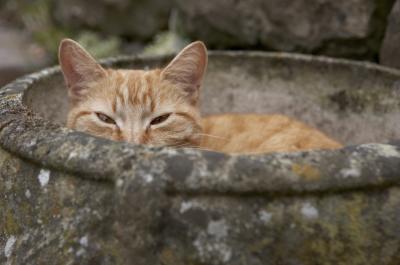 What Will Repel a Cat?
What Will Repel a Cat?
What Will Repel
What Will Repel a Cat?
What Will Repel a Cat?
What Will Repel
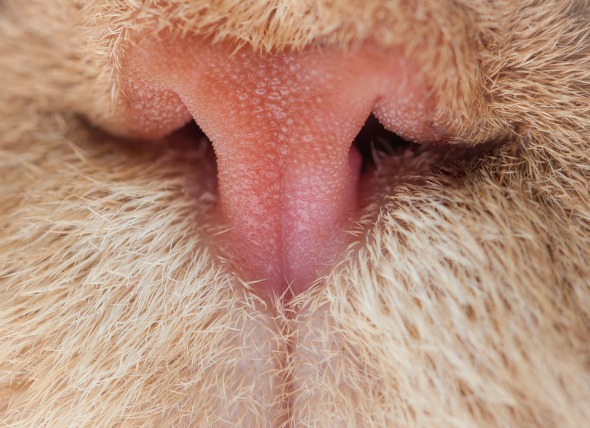 Nose Pad Cancer (Squamous Cell Carcinoma) in Cats
Squamous Cell Carcinoma of the Nasal Planum in Cats
&nbs
Nose Pad Cancer (Squamous Cell Carcinoma) in Cats
Squamous Cell Carcinoma of the Nasal Planum in Cats
&nbs
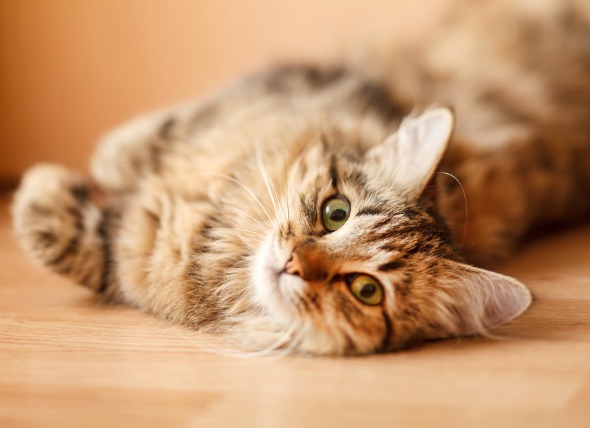 Rapid Heart Beat in Cats
Supraventricular Tachycardia in Cats
Supraventric
Rapid Heart Beat in Cats
Supraventricular Tachycardia in Cats
Supraventric
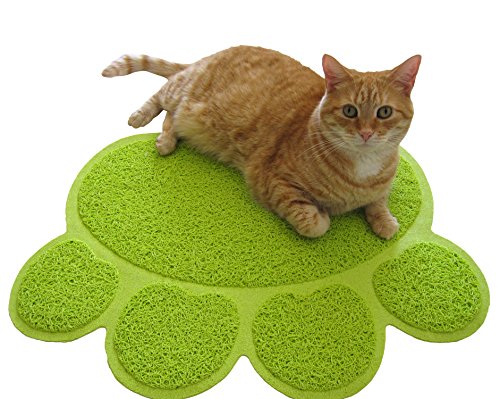 Understanding White Cat Breeds
There is something sophistic
Understanding White Cat Breeds
There is something sophistic
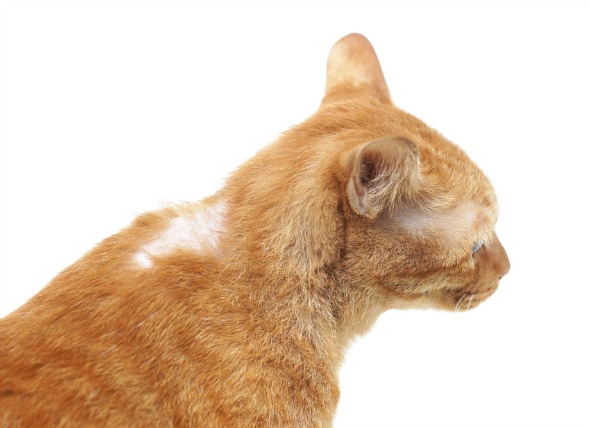 Hair Loss Related to Cancer in Cats
Feline Paraneoplastic Alopecia in Cats
Feline par
Hair Loss Related to Cancer in Cats
Feline Paraneoplastic Alopecia in Cats
Feline par
Copyright © 2005-2016 Pet Information All Rights Reserved
Contact us: www162date@outlook.com